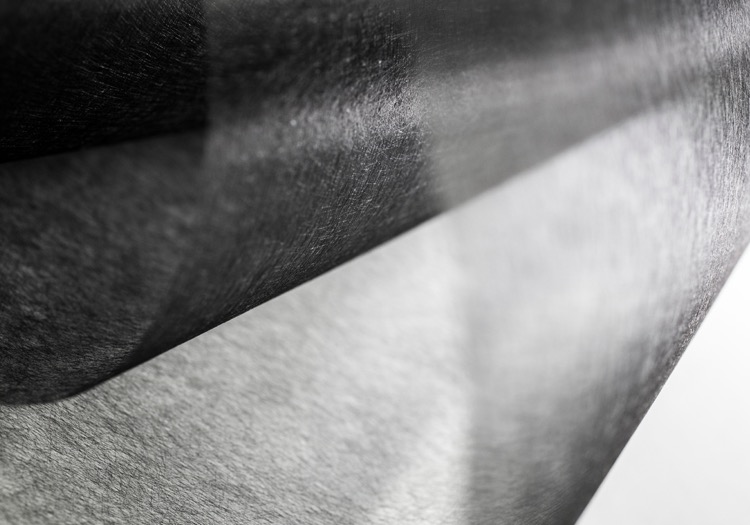BIRMINGHAM - At the recent Advanced Materials Show held in Birmingham, UK (June 29-30), TFP and TFP Hydrogen presented their material capabilities for hydrogen technologies, automotive applications and batteries.
TFP’s nonwovens have a proven track record in the automotive market. They have been used effectively to fulfil a wide range of functions, including delivering class A finish in composite body panels and providing a friction-resistant substrate. The latest application is in battery electric vehicles (BEVs). In the drive to make BEVs more efficient and increase range, composites are increasingly being used over traditional metal choices for battery enclosures to reduce weight. TFP’s materials can be incorporated directly into the composite structure of the battery enclosure to provide EMI shielding and fire protection in order to meet the necessary fire and thermal management requirements, whilst also ensuring that they remain lightweight.
The company’s nonwovens are already used in a number of battery types including lead acid and lithium, where they are typically used as battery separators and have been designed to deliver the optimum cost-performance relationship.
TFP Hydrogen also offers high performance catalyst materials for flow batteries, as a specialist in the manufacturing and development of electrochemical materials, including catalysts and coatings for electrodes and electrolyser components. All are optimised for long term performance and designed to increase both the efficiency and durability of the systems they are used in. Typical applications include hydrogen technologies such as PEM (proton exchange membrane) water electrolysers and fuel cells, as well as batteries, water purification and medical devices.
In the next five years, the aim of TFP is for the majority of its sales to come from applications that support the global drive to net zero carbon emissions, enabling the energy transition.
TFP specialises in enabling customers to develop market leading solutions, in areas such as PEM water electrolysis, hydrogen fuel cells, wind energy and carbon capture.
To facilitate this, the company has strengthened its offering in the rapidly growing hydrogen sector with the acquisition of TFP Hydrogen Products in 2021. TFP Hydrogen produces coated components for PEM water electrolysis which reduce the cost of producing green hydrogen. In addition, TFP’s materials not only reduce the cost of hydrogen generation, they also facilitate its use, with nonwovens used as gas diffusion layer (GDL) substrates in many of the world’s hydrogen fuel cells.
